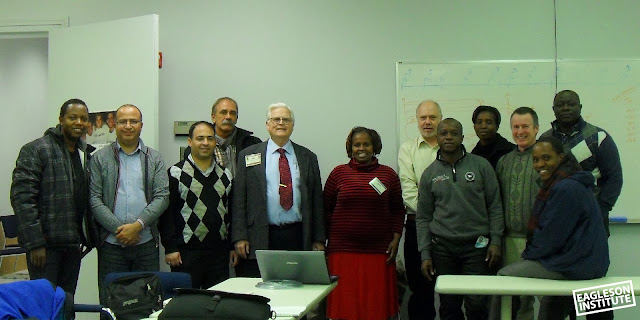EI: What is the relationship between the USP Chapter <797> standards for testing and documentation and government regulations?
Jim: The United States Pharmacopeial Convention (USP) does not regulate; it only writes standards. The state boards of pharmacy or departments of health in the 50 states are the ones who regulate the pharmaceutical industry. Most states’ regulations refer to the USP standards, but a few states write their own.
EI: What lessons can certifiers learn from the New England Compounding Center (NECC) episode?
Jim: Certifiers need to understand the importance of clear and complete documentation. Facility owners—and even state board of pharmacy inspectors—often assume that if there is a report, all is well. However, that may not be the case, and it certainly wasn’t at New England Compounding Center.
EI: What is the purpose of a test report?
Jim: Some certifiers think doing the actual airflow and room pressure testing is their “real job,” and that the report doesn’t matter. In fact, it matters a lot. A report needs to document what tests were done, to what standards, and the results of the tests. I’ve sometimes seen reports so incomplete that it’s impossible to tell what actually was done. That’s why we talk about reporting quite a bit in the ‘Certification of Sterile Compounding Facilities and Aseptic Isolators” class.
EI: What about the FDA? What role did they play in the NECC case?
Jim: Because the company was not a drug manufacturer, no FDA inspection was required. Sterile preparation facilities like NECC follow state board of pharmacy rules only, and are not required to follow good manufacturing practices (GMP) like drug makers. That may change as a result of this case, and it’s a good bet that all drug manufacturing facilities will face increased scrutiny because of the publicity.
EI: How can certifiers adapt to the “new normal” of increased scrutiny?
Jim: They can assume that more people—both facility folks and inspectors—will be interested in what they do. So, knowing what to test, how to test, and how to write detailed reports will become even more important. Much of what certifiers do, such as smoke testing, is a judgment call. It takes training and experience to make those judgments.

